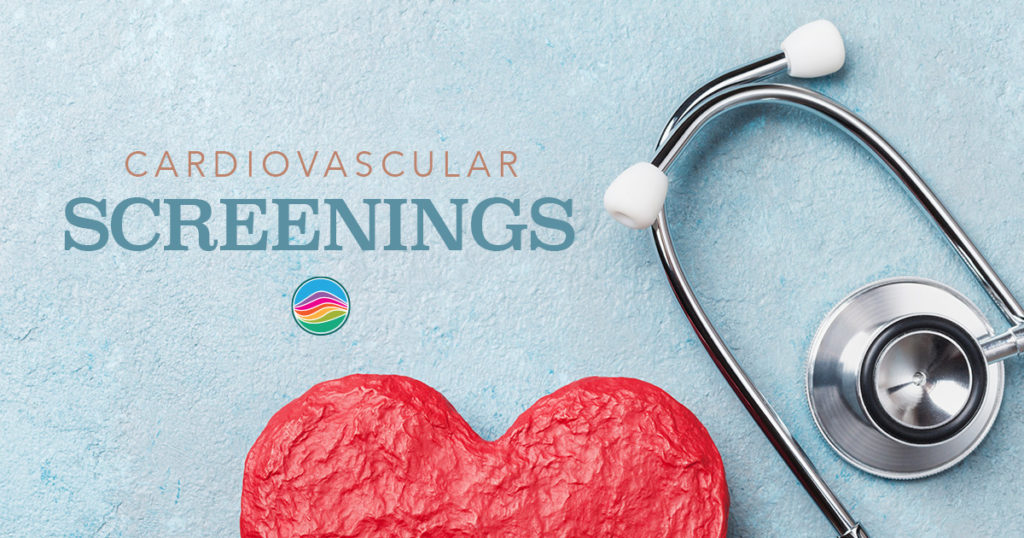When Should You Get a Heart Screening?
If you’re looking to lower your risk of cardiovascular disease, it’s important to know your risk factors. At each annual visit, your doctor will check your weight, body mass index, blood pressure, total cholesterol, and blood sugar levels to monitor your heart health. If these tests reveal risk factors, your provider will request additional tests to check the health of your heart and cardiovascular system.
What are Risk Factors for Heart Disease?
Risk factors for cardiovascular disease include:
- High Blood Pressure
- High Cholesterol
- High Blood Sugar
- Being overweight
- Being inactive
- Lifestyle habits such as tobacco use
While some heart health screenings begin at age 20 as recommended by the American Heart Association, other screenings are not necessary until you are older or if you are at risk. Your provider will help determine which screenings are needed, if any, and what risk factors are present for you.
What if I’m at Risk for Heart Disease?
If your doctor suspects you are at increased risk for heart disease, he or she will likely order the following preliminary tests to determine if further tests are needed:
- EKG- Also known as electrocardiography, this test involves sticky electrodes that are placed on your chest and attached to a machine that monitors your heart’s electrical rhythm. This test can quickly identify abnormal rhythms and heart rates.
- Stress Test- Electrodes are placed on your chest and your heart rate is monitored in a similar manner to the EKG test, but all while you are exercising on a treadmill or stationary bike. A healthcare professional observes your heart’s reaction to the physical “stress” of exercise.
What Happens Next?
If you receive a diagnosis of heart disease, your provider will likely order additional testing followed by lifestyle change recommendations, medication, and other treatments to manage your condition.
